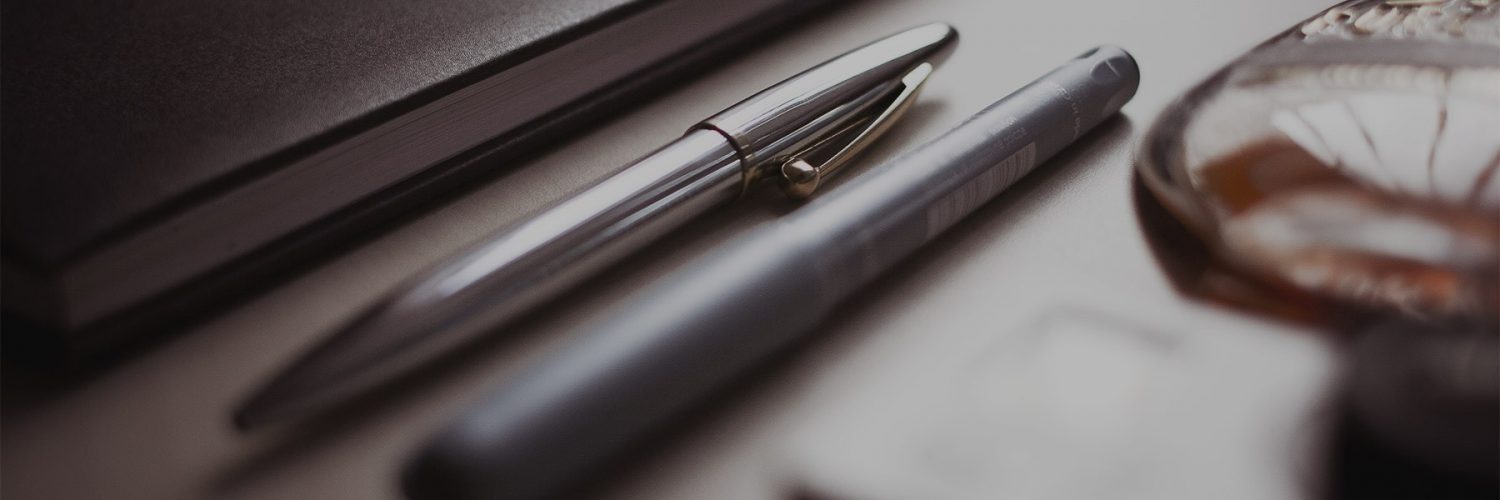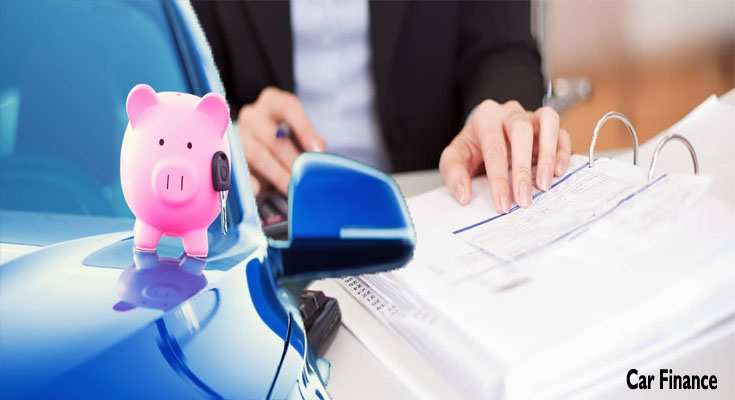Car finance has to turn into a large business. A huge variety of new and used car buyers inside the UK are generating their automobile purchase on finance of some sort. It could be inside the type of a bank loan, finance in the dealership, leasing, credit card, the trusty ‘Bank of Mum & Dad’, or myriad other forms of finance, but relatively few people buy a car with their cash anymore.
A generation ago, a private car buyer with, say, £8,000 cash to spend would usually have bought a car up to the value of £8,000. Today, that same £8,000 is more likely to be utilized as a deposit on a car which could be worth tens of thousands, followed by up to five years of monthly payments.
For clarification, this author is neither pro- nor anti-finance when buying a car. What you must be wary of, however, are the full implications of financing a car – not just when you buy the car, but over the full term of the finance and even afterward. The industry is heavily regulated inside the UK, but a regulator can’t make you read documents carefully or force you to make prudent car finance decisions.
Financing through the dealership
For many people, financing the car through the dealership where you are buying the car is very convenient. There are also often national offers and programs which can make financing the car through the dealer an attractive option.
This blog will focus on the two main types of car finance offered by car dealers for private car buyers: the Hire Obtain (HP) and the Personal Contract Acquire (PCP), with a brief mention of a third, the Lease Buy (LP). Leasing contracts will be discussed in another blog coming soon.
What is a Hire Purchase?
An HP is quite like a mortgage on your house; you pay a deposit up-front and then pay the rest off over an agreed period (usually 18-60 months). Once you have made your final payment, the car is officially yours. This is the way that car finance has operated for many years, but is now starting to lose favor against the PCP option below.
There are several benefits to a Hire Purchase. It is simple to understand (deposit plus several fixed monthly payments), and the buyer can choose the deposit and the term (quantity of payments) to suit their needs. You can choose a term of up to five years (60 months), which is longer than most other finance options. You can usually cancel the agreement at any time if your circumstances change without massive penalties (although the amount owing may be more than your car is worth early on in the agreement term). Usually, you will end up paying less in total with an HP than a PCP if you plan to keep the car after the finance is paid off.
The main disadvantage of an HP compared to a PCP is higher monthly payments, meaning the value of the car you can usually afford is less.
An HP is usually best for purchasers who; plan to keep their cars for a long time (ie – longer than the finance term), have a large deposit, or want a simple car finance plan with no sting within the tail at the end of the agreement.
What is a Personal Contract Purchase?
A PCP is often given other names by manufacturer finance companies (eg – BMW Select, Volkswagen Solutions, Toyota Access, etc.), and is very popular but more complicated than an HP. Most new car finance offers advertised these days are PCPs, and usually, a dealer will try and push you towards a PCP over an HP because it is more likely to be better for them.
Like the HP above, you pay a deposit and have monthly payments over a term. However, the monthly payments are lower and/or the term is shorter (usually a max. of 48 months) because you are not paying off the whole car. At the end of the term, there is still a large chunk of the finance unpaid. This is usually called a GMFV (Guaranteed Minimum Future Value). The car finance company guarantees that, within certain conditions, the car will be worth at least as much as the remaining finance owed. This gives you three options:
- Give the car back. You won’t get any money back, but you won’t have to pay out the remainder. This means that you have effectively been renting the car for the whole time.
- Payout the remaining amount owed (the GMFV) and keep the car. Given that this amount could be many thousands of pounds, it is not usually a viable option for most people (which is why they were financing the car in the first place), which usually leads to…
- Part-exchange the car for a new (or newer) one. The dealer will assess your car’s value and take care of the finance payout. If your car is worth more than the GMFV, you can use the difference (equity) as a deposit on your next car.
The PCP is best suited for people who want a new or near-new car and fully intend to change it at the end of the agreement (or possibly even sooner). For a private buyer, it usually works out cheaper than a lease or contract hire finance product. You are not tied into going back to the same manufacturer or dealership for your next car, as any dealer can pay out the finance for your car and conclude the agreement on your behalf. It is also good for purchasers who want a more expensive car with a lower cashflow than is usually possible with an HP.
The disadvantage of a PCP is that it tends to lock you into a cycle of changing your car every few years to avoid a large payout at the end of the agreement (the GMFV). Borrowing money to pay out the GMFV and keep the car usually gives you a monthly payment that is very little cheaper than starting again on a new PCP with a new car, so it nearly always sways the owner into replacing it with another car. For this reason, manufacturers and dealers love PCPs because it keeps you coming back every 3 years rather than keeping your car for 5-10 years!
What is a Lease Buy?
An LP is a bit of a hybrid between an HP and a PCP. You have a deposit and low monthly payments like a PCP, with a large final payment at the end of the agreement. However, unlike a PCP, this final payment (often called a balloon) is not guaranteed. This means that if your car is worth less than the amount owing and you want to sell/part-exchange it, you would have to pay out any difference (called negative equity) before even thinking about paying a deposit on your next car.



